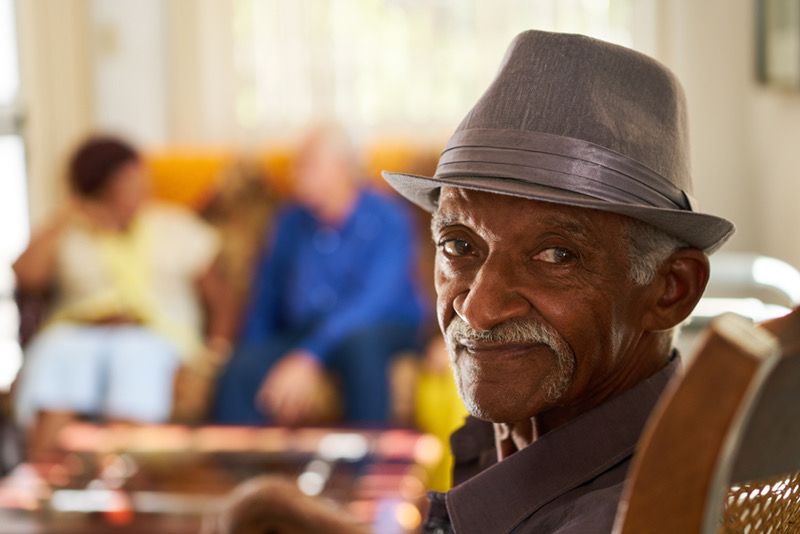Vidya Sethuraman
India Post News Service
Two back-to-back mass shootings in California, both perpetrated by elderly men, highlighted the crisis of loneliness and isolation of older immigrant adults, and the lack of cultural and linguistically appropriate mental health resources. The real cause of these shootings is still under investigation, but these shootings have brought attention to an older immigrant group that is usually overlooked. EMS Briefing on Feb 3 discussed in detail on this impending issue.
According to the National Council on Aging, suicide rates are high among this group: they comprise 12% of the population, but make up approximately 18% of suicides. Helen Zia, Asian American author, journalist and activist said she interviewed many seniors between the ages of 70 and 90, and found that few people pay attention to their lives and experiences. “The vast majority of Asians in the United States are immigrants who went through a lot to come here, civil war, famine, great trauma and witnessed terrible things.”
“So it is surprising that within our communities there are older people who feel invisible, isolated and with mental health problems.” Among the things that can be undertaken is to make these people visible, telling their stories and asking them the questions and counseling. She ended by saying that we must humanize migrant older adults and if we don’t, they’re going to keep thinking that nobody cares about their story, their life, and until we act like we care, we’re going to be able to change what’s happening.”
Rita Medina, Deputy Director of State Policy and Advocacy at the Coalition for Humane Immigrant Rights Los Angeles (CHIRLA) said that California has shed light on the undocumented population over 50 by giving them access to MediCal. She mentioned that in 2019, the Center for Migration Studies said we had a population of 17,000 undocumented people over the age of 65 in California, the age at which a person typically thinks of retirement. “This is a population that is growing in the absence of real solutions at the federal level, and when we see elderly people working it is because they do not have access to social security or retirement benefits.” “We are looking to expand food benefits for undocumented seniors over 55 years of age. A commitment that the governor made in the last budget, but that was delayed until 2027”.
Laura Som of the MAYE Center for Healing Survivors of Trauma, Systemic Racism, Oppression and Inequity in Long Beach, said she came to Los Angeles when she was 10 years old among thousands of other Chinese Cambodians fleeing genocide. “Today Long Beach has the largest Cambodian population in the nation. Many of these refugees experienced extreme violence and trauma during the genocide. Many, including myself, had and have post-traumatic stress. I grew up seeing the deterioration of the mental health of the elderly and the community, as a consequence of wars, extreme violence and abandonment. Some of the symptoms of these traumas are hatred, violence, anger and depression. Start by identifying the most pressing needs in your community. And then find all the people around you who might be willing to work on these issues; and learn how the power structure works and educate yourself.
Experts demand local leaders, councilors and mayors, representatives and national leaders to invest in communities of color and provide resources for integrated mental health services that are linguistically and culturally appropriate.







